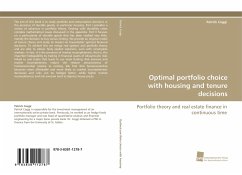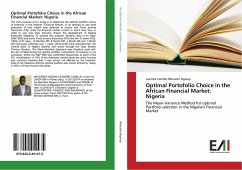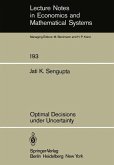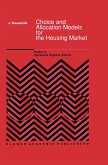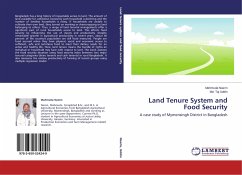The aim of this book is to study portfolio and consumption decisions in the presence of durable goods, in particular housing. Part I provides a review of advances in portfolio theory. Dealing with durability raises complex mathematical issues discussed in the appendix. Part II focuses on a particularity of durable goods that has been studied very little, namely the decision to buy versus renting. We provide an original model of tenure choice and study its impact on households' optimal financial decisions. To achieve this we merge real options and portfolio theory and are able to obtain fairly explicit solutions, even with incomplete markets. In fact, it is the presence of market incompleteness, that is, the imperfect hedgeability by trading in financial assets of idiosyncratic risks linked to real estate that leads to our main finding: Risk aversion and market incompleteness reduce the relative attractiveness of homeownership relative to renting. We find that homeownership becomes more affordable and more likely as market incompleteness decreases and risks can be hedged better, while higher market incompleteness and risk aversion tend to depress house prices.
Bitte wählen Sie Ihr Anliegen aus.
Rechnungen
Retourenschein anfordern
Bestellstatus
Storno

